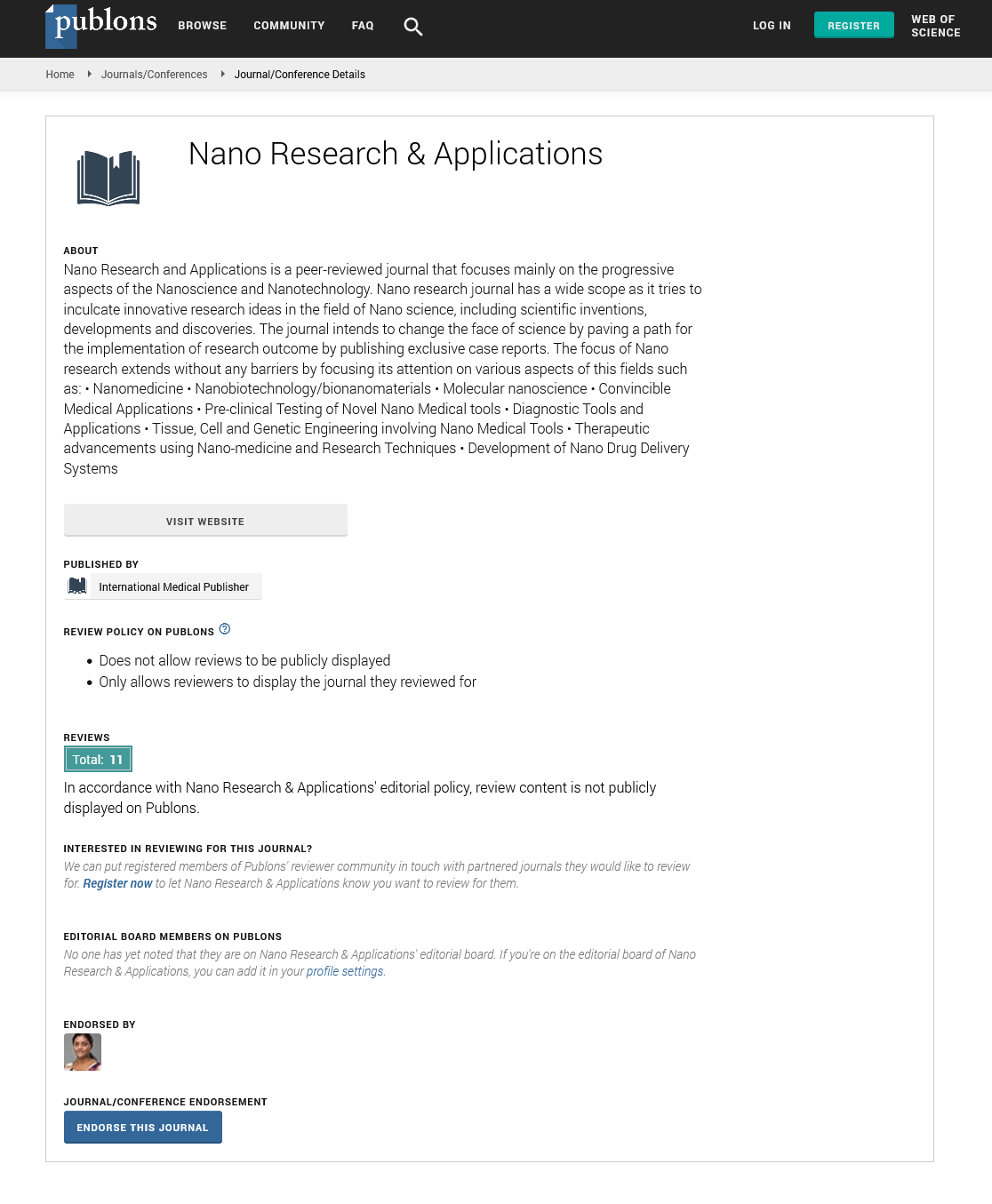Abstract
Preparation and Characterization of Magnetic Glass Ceramics Derived from Iron Oxides Bearing Rolling Mill Scales Wastes
Rolling Mill Scales (RSW) were used as raw materials for preparation of hard and soft magnetic glass ceramics which have a wide range of applications. In steel processing up to 5% of steel is lost with scales during the hot rolling operation where Iron oxides form~ 69-72% of the milling scales weight. In addition to the iron content, mill scales are contaminated with remains of lubricants, oils and grease from the equipment associated with rolling operations. The oil content typically ranges from 0.1 and 2% -but can reach up to 20%-beside ~10% water. The goal of this project was to evaluate magnetic properties of soft and hard magnetic glass ceramics synthesized from RSW. To synthesize soft magnetic glass ceramics (SMGC) and hard magnetic glass ceramics (HMGC), 65 wt% and 37 wt% respectively of RSW were used. Quenching-melting technique was utilized. Differential thermal analysis (DTA) showed one broad exothermic peak at 906ºC and at 731ºC for SMGC and HMGC respectively. For SMGC, the major detectable peaks belong to Znferrite( ZnFe2O4) and Hematite(Fe2O3) as shown by X-ray diffraction (XRD) analysis. Alternatively, Ba-hexaferrite (BaFe12O19) and Hematite are the detected phases in HMGC samples. After heat treatment, crystallization of ~131-166 and 24-34 nm magnetic particles were detected for SMGC and HMGC via transmission electron microscopy (TEM). An increase in saturation magnetization from 18 emu/g for RSW to 66.5 emu/g for heat treated SMGC and 19 emu/g for HMGC was measured with a Vibrating Scanning Magnetometer (VSM).The results confirmed that, soft and hard magnetic glass ceramic nanoparicles based on RSW with magnetic phase content reaches 92.4 wt% was obtained.
Author(s):
Salwa AM Abdel-Hameed, Ibrahim Hamed M, Barbara J Muller-Borer, Nehal A Erfan
Abstract | Full-Text | PDF
Share this

Google scholar citation report
Citations : 387
Nano Research & Applications received 387 citations as per google scholar report
Nano Research & Applications peer review process verified at publons
Abstracted/Indexed in
- Google Scholar
- China National Knowledge Infrastructure (CNKI)
- Directory of Research Journal Indexing (DRJI)
- WorldCat
- Publons
- Secret Search Engine Labs
- Euro Pub
Open Access Journals
- Aquaculture & Veterinary Science
- Chemistry & Chemical Sciences
- Clinical Sciences
- Engineering
- General Science
- Genetics & Molecular Biology
- Health Care & Nursing
- Immunology & Microbiology
- Materials Science
- Mathematics & Physics
- Medical Sciences
- Neurology & Psychiatry
- Oncology & Cancer Science
- Pharmaceutical Sciences


